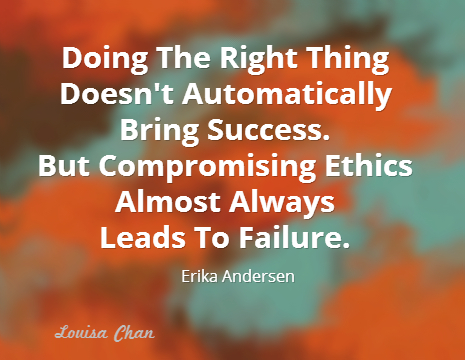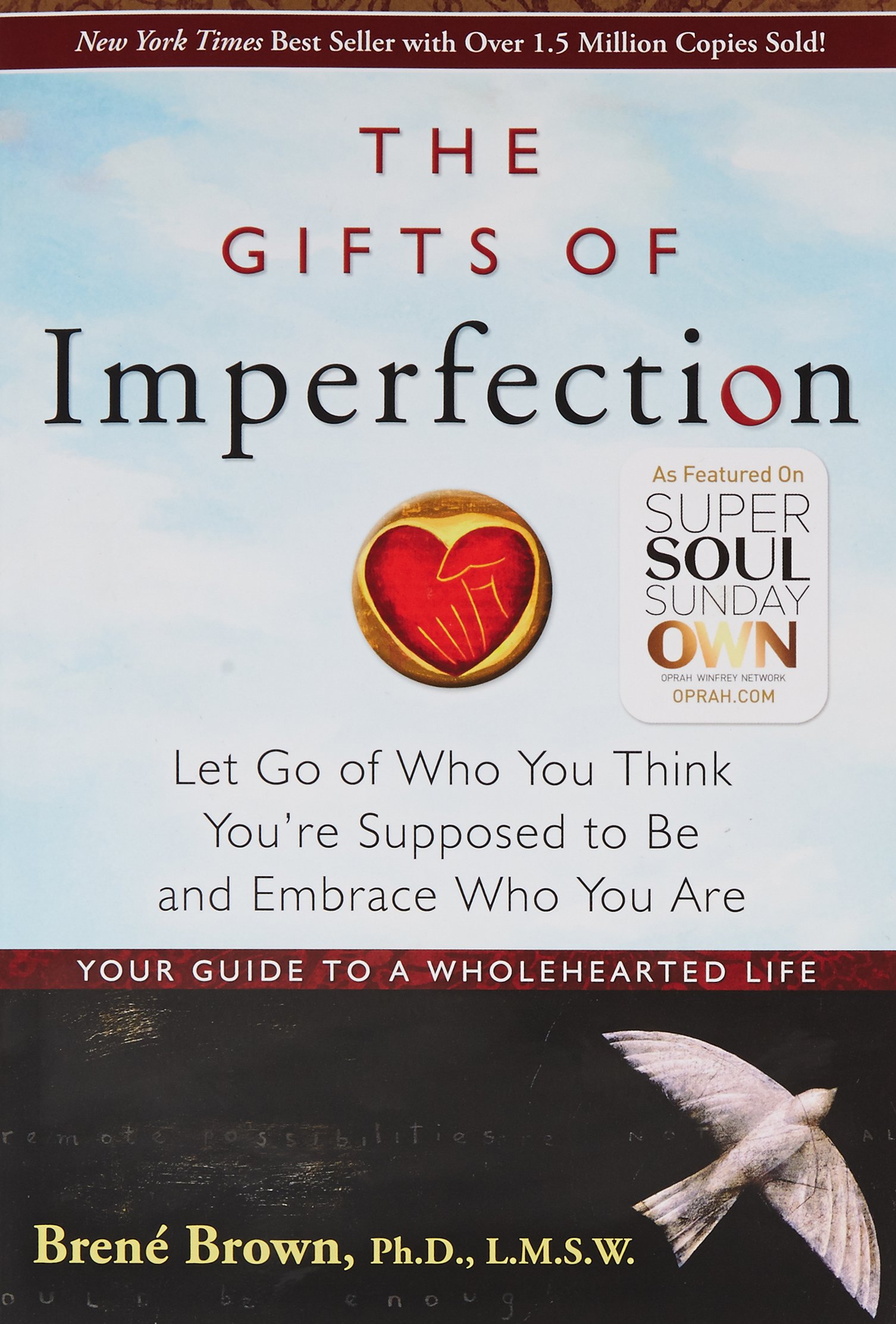By: Alexandra Watts
(Header image courtesy of Diego Sevilla Ruiz – Flickr)
Every career has its own set of ethics. Doctors have medical ethics, which include taking the Hippocratic oath. There are ethics for law, business and multiple professions.
Journalists have ethics, too. Most journalists go by the SPJ Code of Ethics for their reporting.
I have my own personal ethics that coincide with the commonplace media ethics. The ethics I hold as a journalist correlate with my ethics as a person. If I was not a journalist, my ethics would apply to any given career or position.
Truth is in my ethics, but that would be stating the obvious for journalists — all journalists are supposed to seek truth and report it. Ethics can differ depending on the time period, story and person, but truth should be essential in all stories.
As a journalist, the truth is a factor in my personal ethics.
My background in journalism is in audio and radio journalism. I am still a student, but my code of ethics is something I will practice for the duration of my career.
One ethical standard I hold is to make sure I am getting all sides and views on a story. I will never just pick sources with the same viewpoints at random to get a story in on deadline. The truth is not just one side. Every voice should be heard for the audience to get the facts and information surrounding a story. I want to cover as many views and stories as possible, and I do this by including diverse voices — one story at a time.
Another one of my ethics is to remember that every person I interview for my stories is a human and not just a source. I am always aiming to get a strong story, but risking common decency to get a quote or information does not coincide with my ethics.
As an audio journalist, I am aware of how I use recorded interviews in my stories. My voice over and editing is to supplement the audience’s understanding of a story — not alter the story so that it fits into a certain narrative or agenda.
Truth and ethics comes after my reporting is done, too. There have been instances where I have had to contact editors myself with errors I have noticed in a story. Nobody is perfect, and we all make mistakes.
In journalism, there are continuing arguments on what it means to be objective. To me, being objective does not mean that I have to be a robot who sees everything in grey and is just there to put out a story. One can be objective and have personal ethics. One can be objective and be kind. One can be objective and be the person they want to be.
The following quote below is how I view my ethics in journalism and life.
(Courtesy of Louisa-Chan on Flickr)
Knowingly doing the wrong thing does not work out in the end, whether it is a reporter acting unethical or somebody compromising what is right to benefit them in the short term. No temporary or quick fix to a situation should ever compromise one’s ethics.
With my ethics, I not only look at the current situation, but the effects my actions cause for the audience, people in a given story and myself as a journalist and person.



